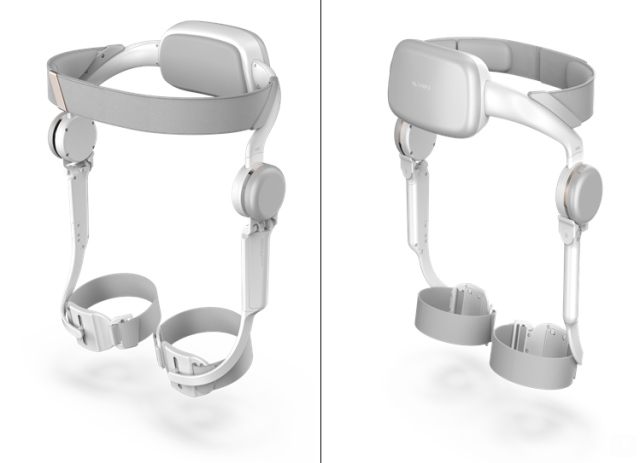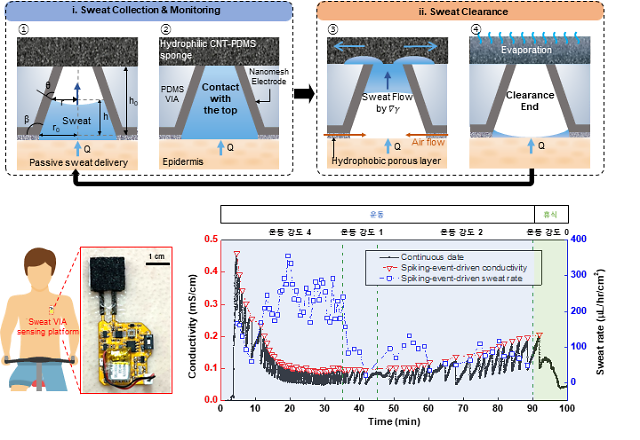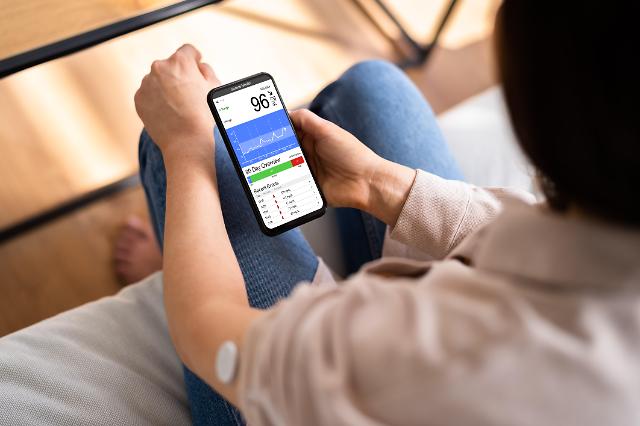Some 111 billion won will be spent on developing related technologies, and 16 billion won on operating support centres for companies, the Ministry of Science, ICT, and Future Planning, and the Ministry of Trade, Industry and Energy said in a joint statement on Wednesday.
The investment is part of South Korea's campaign to establish Internet of Things (IoT) networks that will pave the way for a new generation of globally-competitive smart devices.
IoT is a new concept in which all tangible objects are connected to the Internet and can identify themselves to other devices in order to exchange necessary data for improved efficiency and convenience.
Government data showed the number of South Korean subscribers to IoT networks stood at 4.08 million at the end of September, helped by a rise in wearable device users.
The market for wearable devices is still at the initial stage, focusing on smartwatches for daily usage, but market tracker IDTechEx predicted it would reach $70 billion in 2024.
Global handset and software makers, led by US tech giant Apple, have struggled to diversify from the saturated smartphone sector to wearable devices. Helped by the rising popularity of the Apple Watch unveiled in April, Apple became the top provider of wearable devices, while its South Korean rival Samsung came in second by a wide margin.
South Korean firms have released Android-based smartwatches in a bid to challenge Apple's global domination in the fast-growing wearable device market, but they have received a lukewarm reception from consumers.
In October, Samsung released its latest smartwatch, Gear S2, fitted with a 1.2-inch (30 millimetre) circular screen, which allows for mobile payment and remote control over home appliances as well as common phone calls and text messaging features.
Aside from smartwatches, Samsung is also ploughing more resources into online-connected homes using its home-grown operating system, Tizen, which is a key part of the firm's campaign to carve out a niche in mobile software and services and to lower its reliance on Google's Android platform that powers the vast majority of Samsung's mobile devices.
The use of Tizen so far has been limited to a handful of gadgets, but Samsung aims to apply it widely to mobile devices, digital cameras and home appliances.
By Charles Lim
아주경제 박세진 기자 = swatchsjp@ajunews.com




